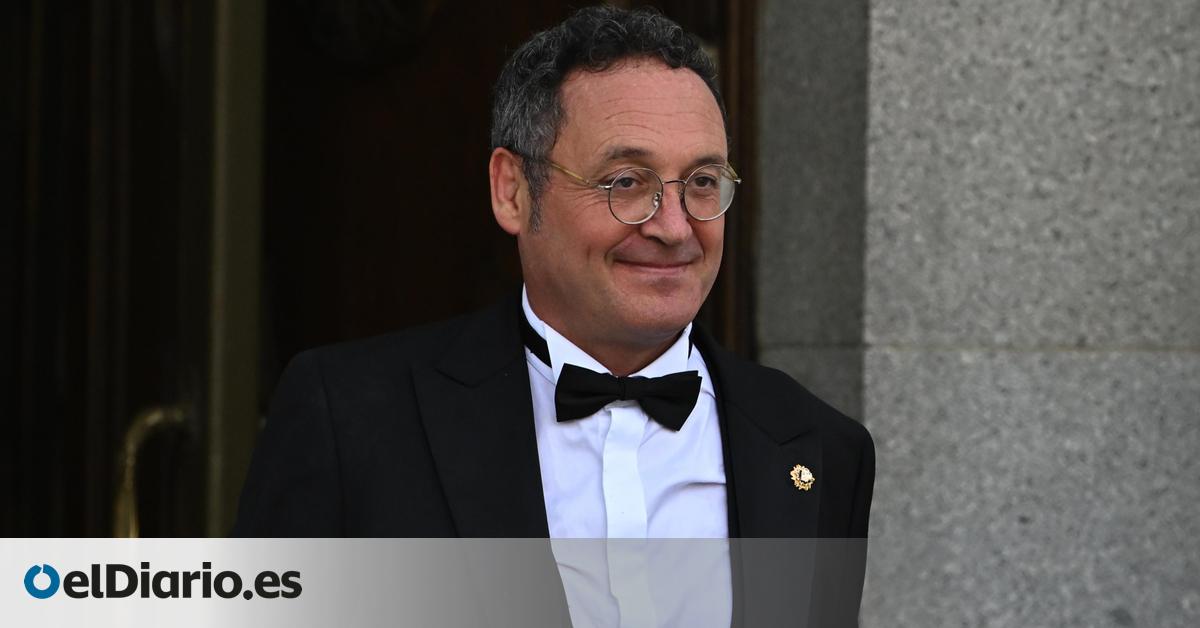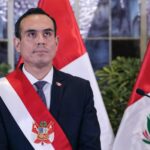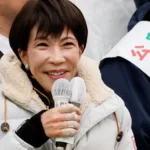
The Supreme Court still has several relevant fringes before launching the trial against the Attorney General for the filtration of an email of Isabel Díaz Ayuso. In addition to establishing a fixed date, a calendar, the list of witnesses and the name of the seven magistrates who will sentence the case, the Appeal Chamber has to decide what he does with the bond imposed by Judge Ángel Hurtado to Álvaro García Ortiz. A bail of 75,000 euros that the Attorney General has already appealed after an investigation in which the instructor magistrate has had to reverse several times, on some occasions for his own will and in others by order of the Chamber.
The State Advocacy filed the appeal against the two bonds late on Wednesday afternoon and directly before the three magistrates of the Appeals Room. A double resource against the first bond of 150,000 euros and the second of 75,000 euros with a main request: that does not have to provide any type of bond because, as defended from the start of the case, it did not leaked the confession of fiscal fraud of Alberto González Amador and, therefore, there is nothing to compensate.
It is not the only argument with which García Ortiz opposes this decision that Hurtado has taken and nuanced in several phases. He also questions the economic capacity attributed to him for being the head of the Public Ministry. And on his allegations he plans the fact that Hurtado himself, after a warning of the defense of González Amador, lowered the amount of 150,000 to 75,000 euros after realizing that he had included possible fines irregularly, against what is established more than two years ago by the Constitutional Court.
The reform resources are presented before the judge himself who has made the decision that is questioned, and they are the least expected due to the few possibilities that a magistrate will take the opposite to himself if they have not appeared, for example, new evidence. Less common is still the judge himself who rectifies without even waiting for all the resources to arrive as Hurtado has done with the bond of the Attorney General. In this case, yes, after García Ortiz has already consigned 150,000 euros exposing a house of his property in Galicia.
Throughout the almost twelve months in which this cause has processed, Hurtado has recounted in several lesser aspects without the matter reaching the Appeals Room. For example, when he investigated whether the Attorney General and the Supreme Lieutenant irregularly manipulated García Ortiz’s mobile during the civil guard records in his office last year. He even asked to keep the images of the building chambers of the building.
He resigned from moving forward when the prosecution said he had asked for the images of some cameras that did not exist. The low profile rectification allowed the judge to browse the fact that, by the time he opened the door to those inquiries, he had an act of the record that showed that at that time the Civil Guard had already examined the phone and had returned it to García Ortiz. He also charged Diego Villafañe, a fiscal lieutenant of the Technical Secretariat and maximum collaborator of the Attorney General, referring to the fact that he had participated in a “team work” to filter the document. Month and a half later he raised that imputation recognizing that he had not enough evidence.
In the Public Ministry they also considered relevant when, at the beginning of last November, the instructor returned on his steps and limited the search for messages and emails in the offices and telephones of the Attorney General and the provincial prosecutor of Madrid: if he had not practically limited the seizure at first, subsequently, explain that only communications could be collected from March 8 to 14, 2024.
Processing correction
The Appeals Chamber of the Supreme Court, composed of three magistrates, has endorsed for months some of Hurtado’s key movements in this case. From the imputation of the Attorney General to the records of the Central Operating Unit (UCO) of the Civil Guard through the analysis of everything seized and the request for information to telephone companies about the accused. But he has also forced the instructor to correct his criteria in matters that the defenses consider key, to the point of leaving Pilar Rodríguez, the provincial prosecutor of Madrid.
It was the Appeals Chamber, for example, that forced Hurtado to call to declare Alberto González Amador and his lawyer. To date, the judge had rejected the requests of the Prosecutor’s Office and the State Advocacy by considering that it was something “unnecessary” and that the employer’s opinion had already been reflected in his complaint. His testimony ended up being key to the defenses and the Prosecutor’s Office, understanding that González Amador and his lawyer contradicted themselves when trying to explain whether the businessman had authorized or not to confess and look for a pact in his name.
The great rectification of the Appeals Room came at a critical point of the cause: when he clarified the abbreviated procedure car. The order in which Hurtado proposed to send to trial the attorney general, Álvaro García Ortiz, and the provincial prosecutor of Madrid, Pilar Rodríguez, between accusations of having leaked the mail with the confession of the employer in a coordinated manner and following “indications” of the presidency of the Government.
The Chamber was clear when explaining that Rodriguez, at most, limited himself to following orders and complying with a dation of accounts from his superior without the intention of committing, and ordered the withdrawing the allusions to the intervention of the Moncloa: “That factual statement has not been accredited with sufficiency so that its inclusion in the factual story was expendable.” A particular, very unusual vote in this process of the special causes of the Supreme Criminal Chamber, even questions that García Ortiz should be judged.
The case is a few procedures to be ready for trial. The Supreme Court must date its beginning and explain the list of admitted witnesses, which will be key: there will be decided, for example, if Miguel Ángel Rodríguez, chief of Ayuso Cabinet, must appear after a testimony full of doubts in the instruction phase. He will also establish which judges accompany the speaker Susana Polo, Manuel Marchena, Juan Ramón Berdugo, Carmen Lamela and Antonio del Moral.
Source: www.eldiario.es

